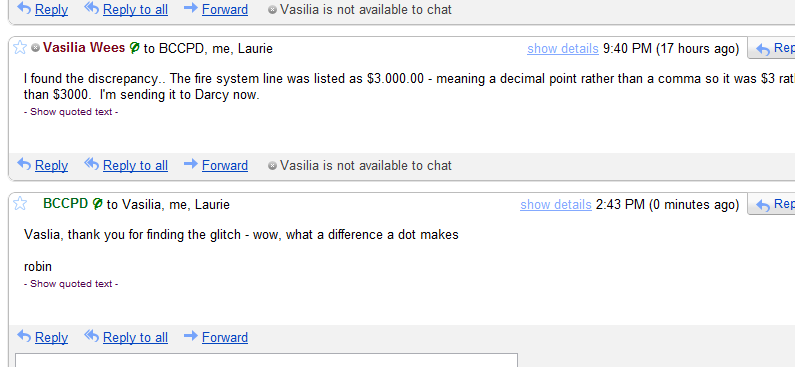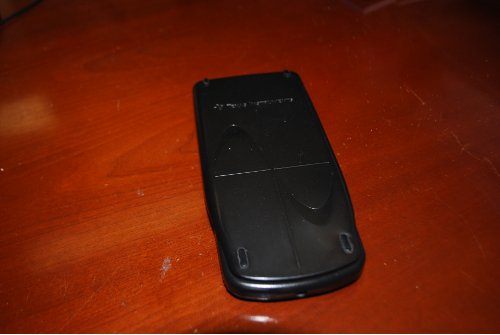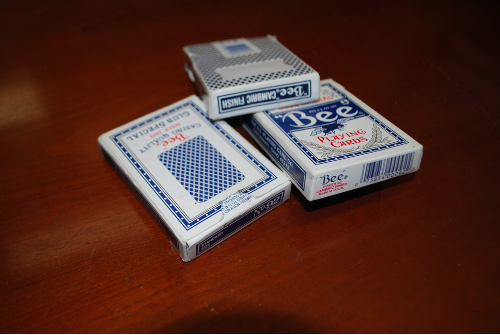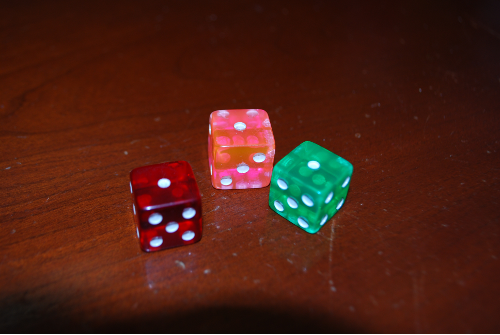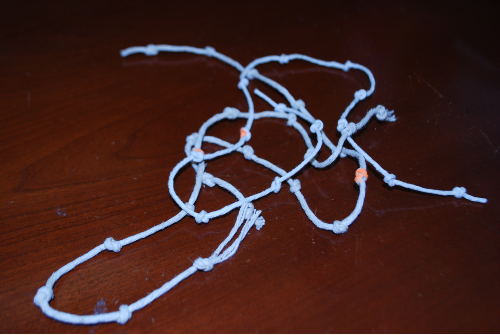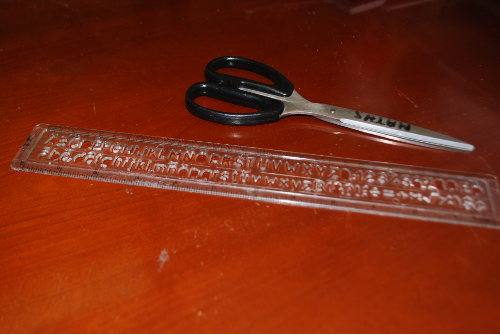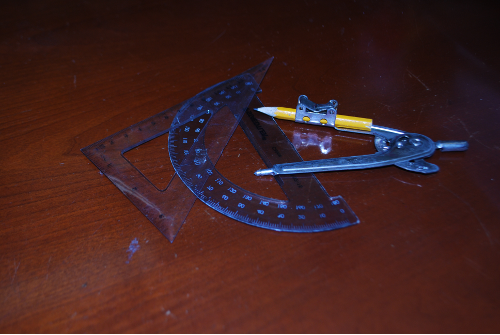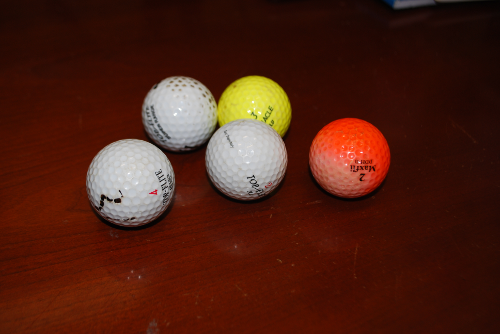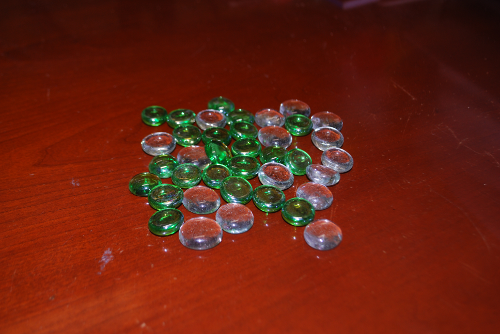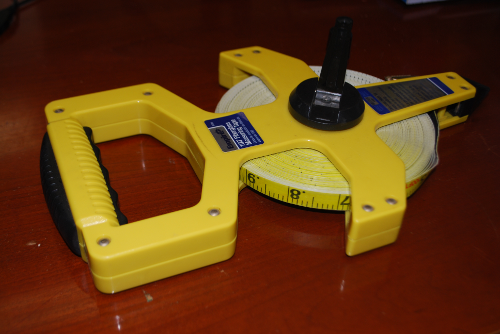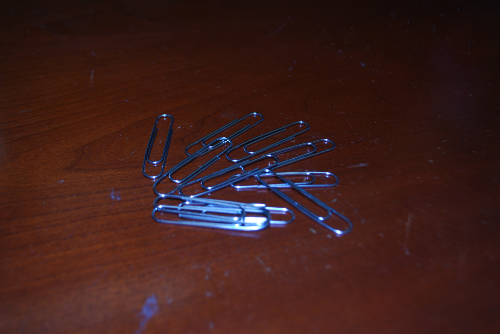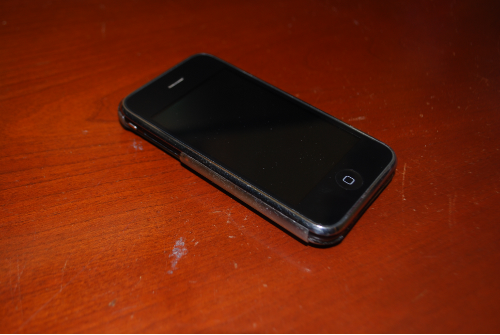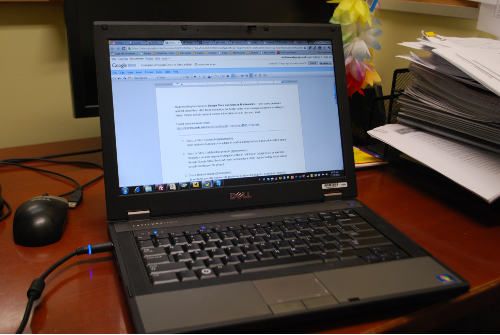Socrates would definitely think that computers are dangerous. He would see them as weakening men’s minds so that the learner needs to know nothing and can rely on the box in front of them to provide all answers. After all, he thought the same thing about writing.
“…this discovery of yours will create forgetfulness in the learners’ souls, because they will not use their memories; they will trust to the external written characters and not remember of themselves.”
Socrates as quoted by Plato in Phaedrus, 500 BC.
Obviously our minds have not become weak. Instead what has happened is that our society has transformed and writing has become an invaluable tool for remembering what past discoveries have been made. It allows us to build upon previous generations’ knowledge and experience and to move into uncharted territories. Our minds have become strong as we have to now digest centuries worth of written knowledge in order to be able to add to the new pool of knowledge. In fact the specialization required to add to the knowledge pool in some disciplines is so great that most people will never achieve it.
As Kurzweil points out, our total knowledge is increasing at an enormous rate, an exponential rate, and that we are nearing a singularity after which we have no idea what our species will even look like past this point. We have no idea what lies beyond the singularity.
We do have a choice. We could decide that this unknown future is too frightening and uncertain to entertain, that we should abandon our current rate of progress and put aside our tools. If we all agreed that we know enough, that our world has moved far enough, then we might slow down this race toward a possible oblivion as a species.
Oblivion is a possible future, as the alarmist theories present in such modern day nightmares as the Terminator series suggest. If you look at many of the science fiction movies that exist today, you see examples of dystopian futures which surely emanate from legitimate concerns about the future of our race and planet. However, fear sells. Maybe these nightmare futures are just created to because they scare us into watching them…
Maybe our species has a chance. Perhaps the progress we have made, and yet to make is worth the risk? We have not yet solved all the world’s problems. We are too reliant on fossil fuels for energy, and our social justice, although rapidly improving, still lingers in many parts of the world. We need to solve the environmental, economic, and political problems previous generations have foisted upon us, and find a better way for the future.
It is not hard to argue that our use of computers is enabling the current acceleration in change. They allow us to compute faster, more collaboratively, and analyze information in ways never before possible. In effect a single computer, connected to the Internet, has access to vast quantities of the world’s information. In effect, you can know anything you want within seconds at the least, and possibly minutes depending on how open the data structure is. Access to a computer allows us to calculate quantities millions of orders faster than the human mind can do alone.
A computer should be the ultimate disaster for thinking in the framework of Socrates. After all, one does not even need to remember which book a piece of knowledge lies. Google and other search engines can organize the world’s information for us, allowing even the task of cognitive categorization to disappear. However, it is through the computing devices we have that amazing discoveries are made. People can collaborate from around the planet, and the ability to communicate with each other about any issue is unprecedented. Perhaps it is this communication that turns the crutch into a tool?
Writing is after all a form of communication. It is through the writings of his student Plato that we know anything of Socrates at all. Writing has allowed us to communicate across generations. Computers and the world wide web allow us to remove other barriers to communication. It is the ability to communicate what we know that makes these devices transformative for our culture.
Where Socrates was right is that writing does weaken our memories as we rely on the crutch and so too will computers. What he failed to recognize is that it greatly strengthens our collective mind, which is far more valuable than any individual could hope to be. Computers aren’t going to destroy our society, we will, through our indifference, our inaction, and our inattention to the ample warning signs of a planet in distress.
